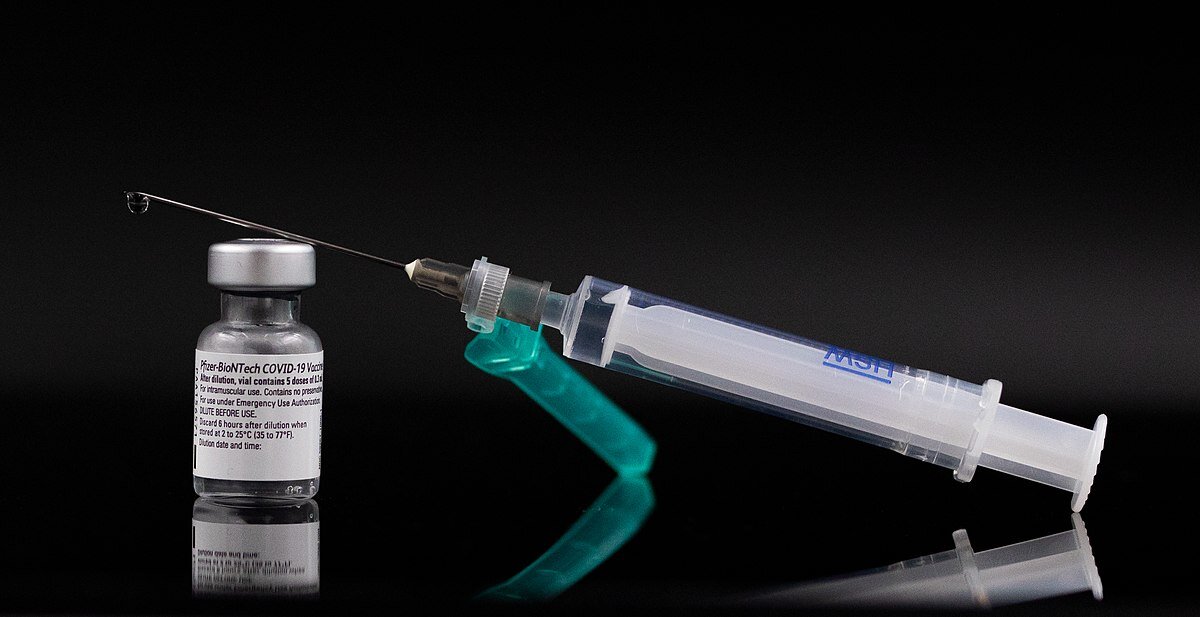European Union Considers Ending Vaccine Exports
Pfizer-BioNTech Vaccine (Wikimedia Commons)
Due to a struggling vaccine rollout through the European Union, EU Commission President Ursula von der Leyen made a statement that the EU would not be able to sufficiently participate in COVAX, the vaccine sharing system, on March 21. The United Kingdom declared the move to be “counterproductive.”
The EU bloc has had trouble with vaccine rollout in the first quarter of 2021. The announcement comes as the EU is facing a third COVID-19 wave, with many countries extending lockdowns and restricting social activities. "There is quite a bit of pressure on member states to obtain the vaccine for themselves," said von der Leyen.
Von der Leyen stressed that COVAX has their full support, and as it stands the EU is the largest donor to COVAX in the world, having helped supply vaccines to 52 countries. The EU has donated $2.6 billion dollars towards COVAX so far.
The EU is considering stopping donations to COVAX when they are already facing controversy for comments about the AstraZeneca vaccine. "We have the option of banning a planned export. That's the message to AstraZeneca: you fulfill your contract with Europe first before you start delivering to other countries," von der Leyen said. To date, AstraZeneca has only delivered 30 percent of the 90 million vaccines that had been promised for the first quarter.
A senior government official from the United Kingdom voiced his content with the threat of stopping vaccine exports. U.K. Defence Secretary Ben Wallace said that “the world is watching” to see how the EU will respond to the lack of AstraZeneca vaccines. The U.K. has had a much more successful vaccine rollout in comparison to the EU. It has allegedly vaccinated half of its adult population, with U.K. Prime Minister Boris Johnson tweeting on Saturday that the U.K. administered a record of 873,784 vaccinations on March 20. The EU has exported 9.1 million doses of vaccine to the United Kingdom.
Undoubtedly, allegations of vaccine nationalism have threatened the reputation of the European Union. However, European Commissioner Mairead McGuinness opposes those allegations, saying, "We could be accused of vaccine internationalism, because we have exported to 31 countries, including the United Kingdom," she commented.
In a statement delivered by von der Leyen on March 19, she clarified that vaccine distribution is a two-way street. “We need to ensure that there is ‘reciprocity' and ‘proportionality,’” she said. “If the situation does not change, we will have to reflect on how to make exports to vaccine-producing countries dependent on their level of openness.”

